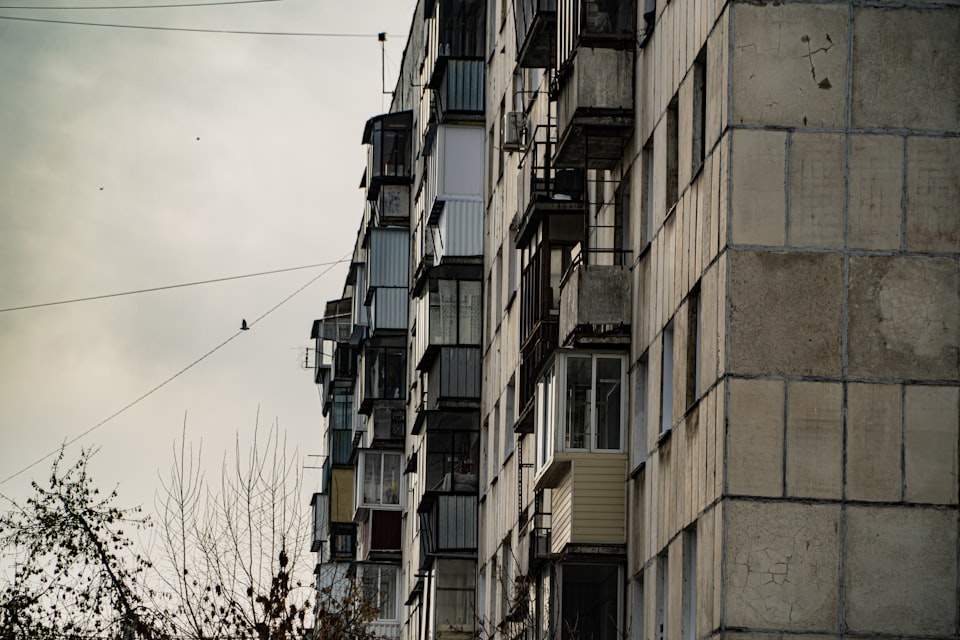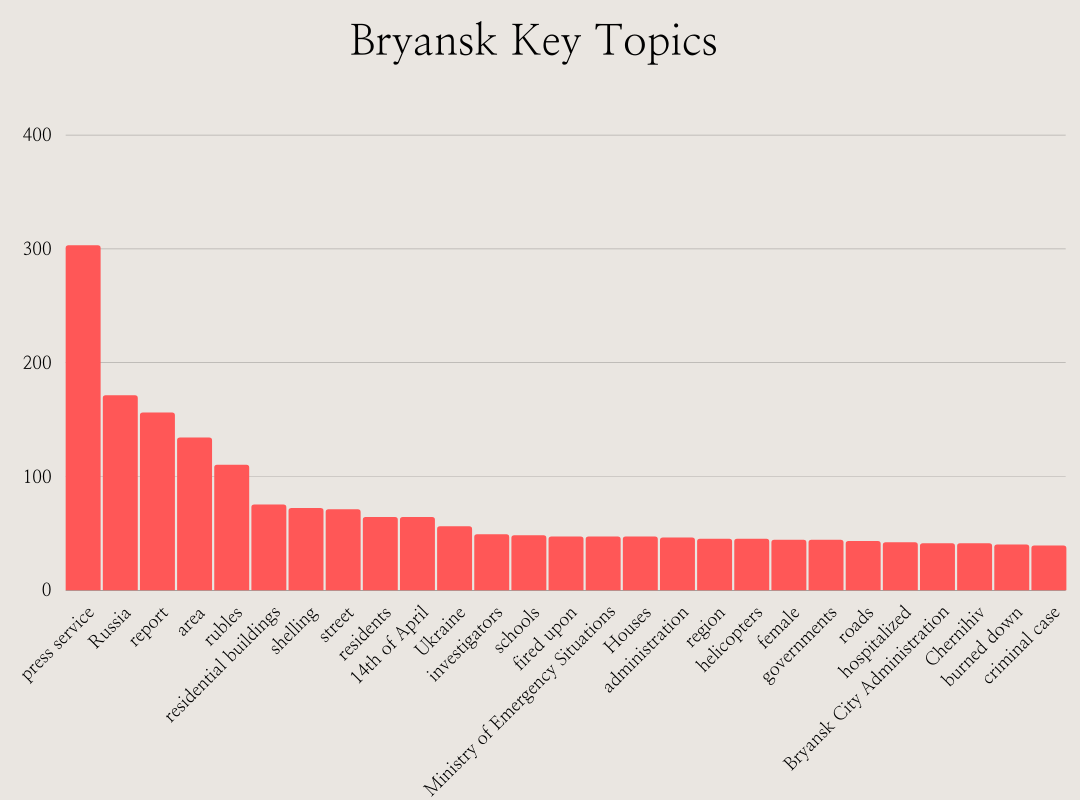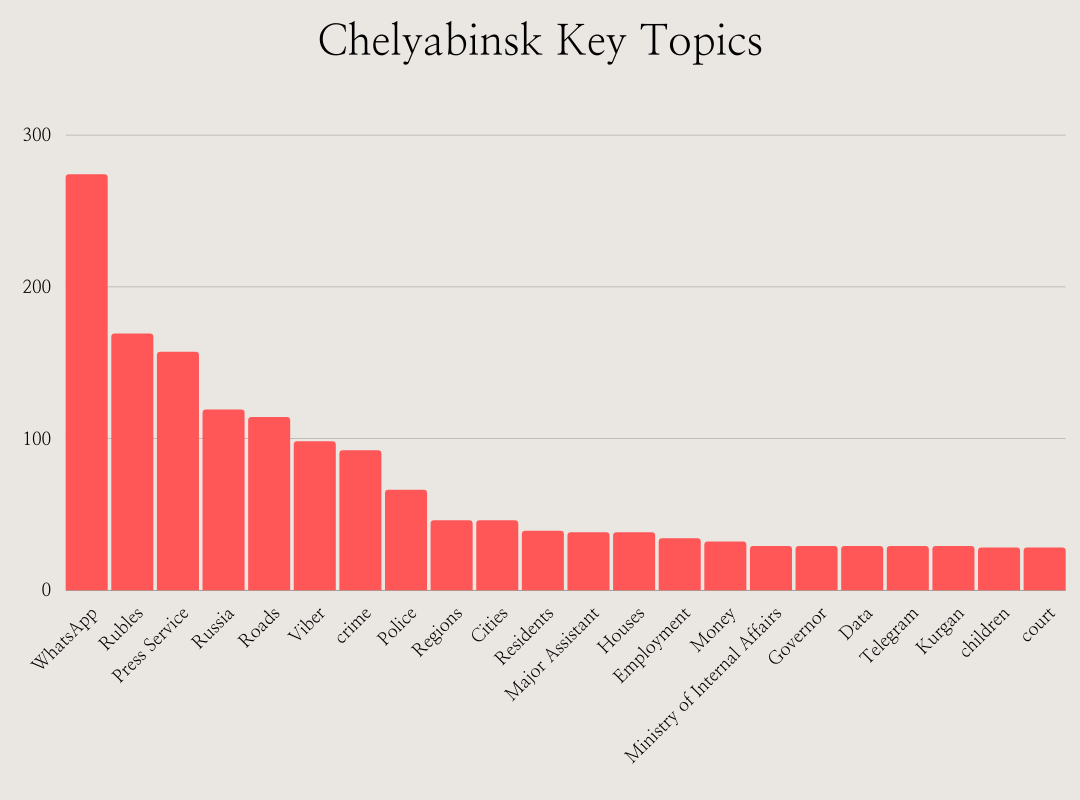The Everyday Issues that Could End the Russia-Ukraine War

It may look like the Russian forces are in disarray and sure to retreat soon, even from the Donbas region [1]. But in truth the information battle may only be beginning.
Reports suggest that the Russian army is redoubling the efforts of its zampolits: military priests, psychologists, and other service members charged with boosting troop morale [2]. (Every unit with more than 100 soldiers has at least one.) And of course, in Russia itself, state media broadcasts propaganda around the clock.
They all have the same apocalyptic message. On one side is the East, the sacred land of Mother Russia, and on the other is the fascist West, intent on wiping out Slavic civilization.
It is tempting to respond in similarly abstract and dramatic terms. Commentators have routinely cast the conflict as a battle between democracy and autocracy [3]. This framing presents the conflict as Putin understands it, and as he would like his population and troops to understand it too.
Rather than meeting Russian propaganda head-on, it may be more effective to seek out other, hidden fronts for waging information warfare.
Key to finding these hidden fronts is knowing what Russians care about, beside the war. In order to find out, FilterLabs.AI has been collecting and analyzing data from two Russian cities, Chelyabinsk and Bryansk. Below is a chart measuring online chatter on different topics:

The thing to notice is that even in Bryansk, close to the Ukrainian border, the war is not the only topic of conversation. Rubles, streets and roads, schools, and residential buildings (housing) are all popular topics of conversation—just as they would be in most urban areas around the world. What if, instead of doubling down on the “clash of civilizations” rhetoric, we were able to meet ordinary Russian civilians on these topics?
Rather than talking about abstractions, we might draw Russians’ attention to their city’s broken roads, crumbling buildings, and failing schools. All of it is verifiable evidence that the Putin regime is not working for them. Issues like schools and roads have the additional advantage of not being censored topics. By advancing on these hidden fronts in the information war, Ukrainians and their allies could flank the Russian state’s internet firewall and undermine support for the Putin regime Bryansk.
The same goes for the city of Chelyabinsk:

City residents are talking about the ruble, roads, crime, employment, and the police (often on WhatsApp). Every one of these issues is an opportunity to drive a wedge between ordinary Russians and Putin’s war effort.
What effect could hitting these information targets have? The issues may seem small, but the Putin regime, like any other, depends on public support. Consider the end of the Soviet Union. Of course, it fell for many reasons, but chief among them must be declining public support—in its satellite states and among the working Russians (miners, etc.) who should have been enjoying a workers’ paradise [4]. Almost everyone lost faith in the system, so it collapsed.
Is it really so hard to imagine something similar happening today?
Notes
1 Basu, Zachary. “U.S. says Russia’s progress in Donbas has been ‘minimal at best.’” Axios. May 2, 2022. Accessed May 3, 2022. https://www.axios.com/russia-donbas-offensive-ukraine-failures-c244ed14-da97-435c-8696-124968f92d95.html
2 Adamsky, Dmitry. “Russia Botched Its Early War Propaganda Campaign, but Now It’s Doubling Down.” Foreign Policy. April 30, 2022. Accessed May 3, 2022. https://foreignpolicy.com/2022/04/30/russia-putin-zampolits-ukraine-propaganda-campaign-war/
3 Rosenberg, Paul. “Putin’s war and the battle for democracy: How this conflict raises the global stakes.” Salon. April 3, 2022. Accessed May 3, 2022. https://www.salon.com/2022/04/03/putins-and-the-battle-for-democracy-how-this-conflict-raises-the-global-stakes/
4 Negroponte, Diana Villiers. “Would the Soviet Union have collapsed without Mikhail Gorbachev?” Brookings. October 17, 2019. Accessed May 3, 2022. https://www.brookings.edu/blog/order-from-chaos/2019/10/17/would-the-soviet-union-have-collapsed-without-mikhail-gorbachev/
